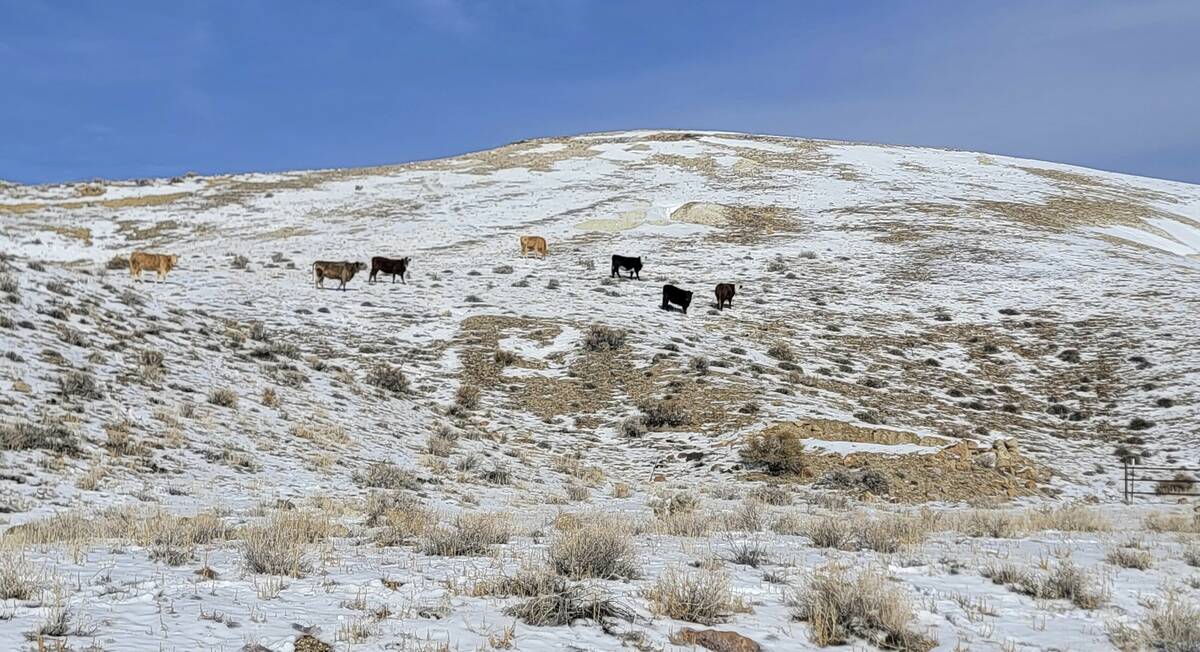Federal loan proposed for lithium mine despite environmental concerns
RENO – The U.S. Department of Energy has offered a $700 million loan for the construction of a lithium mining project in an effort to boost electric vehicle battery production, the department announced Friday.
But the project that got the money has raised environmental concerns, including the potential extinction of a rare wildflower.
Ioneer, the Australian mining company that operates the proposed mine, was offered the conditional commitment by the Energy Department as part of a “broader commitment by the Biden-Harris Administration to strengthen the nation’s domestic battery supply chain and electrify the transportation sector to reduce our reliance on fossil fuels and foreign supply of raw materials,” according to the release.
The loan would be the first made under the Advanced Technology Vehicles Manufacturing Loan Program towards mining.
Ioneer Executive Chairman James Calaway said the pending loan highlights the project’s “strategic role.”
“The conditional commitment highlights Rhyolite Ridge’s strategic role in strengthening America’s critical mineral supply chain in providing a secure, sustainable, and reliable domestic source of lithium for the growing electric vehicle ecosystem,” Calaway said in a statement.
The Rhyolite Ridge Lithium-Boron Project proposes a 1,000-foot deep open pit lithium mine in Esmeralda County and could potentially produce lithium for approximately 370,000 electric vehicles each year. The project is also expected to create 600 construction jobs and between 250-300 operations jobs.
The Rhyolite Ridge is just one of two known “sizable” lithium-boron deposits in the world and could be the second lithium mine in the U.S. if approved. The project is expected to operate for 26 years, according to the Energy Department.
Nevada U.S. Sen. Jacky Rosen applauded the department in a statement.
“I applaud the Energy Department for providing this loan to help support the mining and processing of Nevada’s critical minerals, help reduce greenhouse gas emissions, and contribute to the creation of jobs in our state,” she said.
But the project also comes just a month after Tiehm’s buckwheat, a rare wildflower that grows on the proposed mining site, was added to the endangered species list by the U.S. Fish and Wildlife Service.
The agency’s order designated 910 acres of land as critical habitat for the flower, which includes a more than 1,600 buffer around all of the existing plants.
Prior to the designation, Ioneer proposed an operations plan that would avoid 75 percent of the plant’s population, a proposal met with resistance by some activists.
The loan’s approval depends on the Bureau of Land Management’s completion of an environmental impact statement, which is required by the National Environmental Policy Act, and the Energy Department’s ability to continue to monitor the site.
A previous version of this story misspelled the name of mining company Ioneer.
Contact Taylor R. Avery at TAvery@reviewjournal.com. Follow @travery98 on Twitter.






















